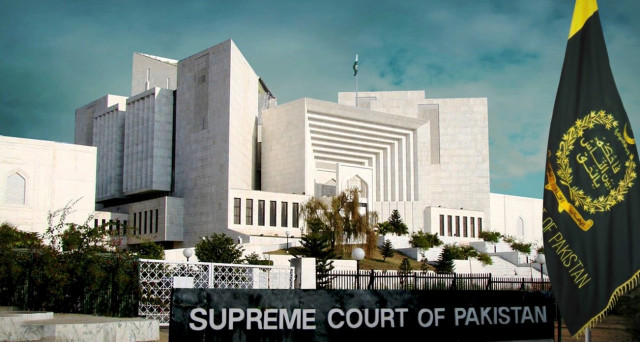‘Govt projected power shortfall to justify RPPs’
SC told once RPP installed cost of electricity would rise to Rs14 per unit.

Once all the Rental Power Projects (RPP) are installed, the cost of electricity would rise to Rs14 per unit, after the fuel for power generation is also added, the Supreme Court was told on Wednesday.
Chief Justice Iftikhar Muhammad Chaudhry, heading a three-member bench at the suo motu hearing of alleged corruption in the RPPs, had asked the counsel for Pakistan Electric Power Company (Pepco) and Water and Power Development Authority (Wapda), Khawaja Tariq Rahim, about the price of electricity after the installment of the RPPs.
The bench directed Pepco to submit the record of power generation and shortfall in the last one year.
The record of alleged corruption in the RPPs was submitted before the court by Pakistan Muslim League – Quaid’s parliamentary leader, Faisal Salah Hayat. He said that the government projected power shortfall to justify the RPPs.
Hayat claimed that while advance payment to Reshma Power Plant should have been 25 million dollars, it was paid 55 million dollars.
He also said that the RPPs are hired for a period of three years, at the end of which they will leave, while the country would have paid a lot of money in rent.
“Just read the Asian Development Bank report,” Hayat said, adding that it was presented in the National Assembly on January 27. He said that according to the report, an amount of Rs18 billion was paid to the RPPs as advance.
The chief justice directed the counsel for Pepco and National Electric Power Regulatory Authority to produce the report and documents concerned in the court.
When asked by the chief justice, Rahim said that a payment of Rs18 billion to the RPPs has been made as advance whereas so far the generation has been 60 MW by the Sialkot Power Project in April, 30 MW by Walters Power International Nodero and 60 MW by Sumandri and Techno Power Project.
At this, Justice Khahilur Rehman Ramday, one of the three members of the bench, said: “Rs18 billion was spent and only 150 MW of electricity was produced.”
Justice Chaudhry observed that “it would have been much better if the power plants were purchased.”
Hayat also alleged that when the RPPs were brought in the actual electricity production was 19,478 megawatts whereas in May 2008 only 14,000 MW of production was shown.
According to Hayat, this information was available on Pepco’s website but the records were removed when the issue was raised. Upon hearing this, the chief justice summoned Pepco’s information technology in-charge on Thursday.
The counsel for Techno Power Project, Raja Muhammad Anwar, told the court that they have received 19 million dollars from the government whereas they have invested 100 million dollars in the project.
He said that they are not being provided fuel or expenditures due to which the plant is not functioning, otherwise, they can produce 50 MW.
The chief justice directed the ministry of water and power to issue notices to Techno Power Project and Walters Power International Nodero I & II and adjourned the hearing till Thursday.
Published in The Express Tribune, October 7th, 2010.



















COMMENTS
Comments are moderated and generally will be posted if they are on-topic and not abusive.
For more information, please see our Comments FAQ